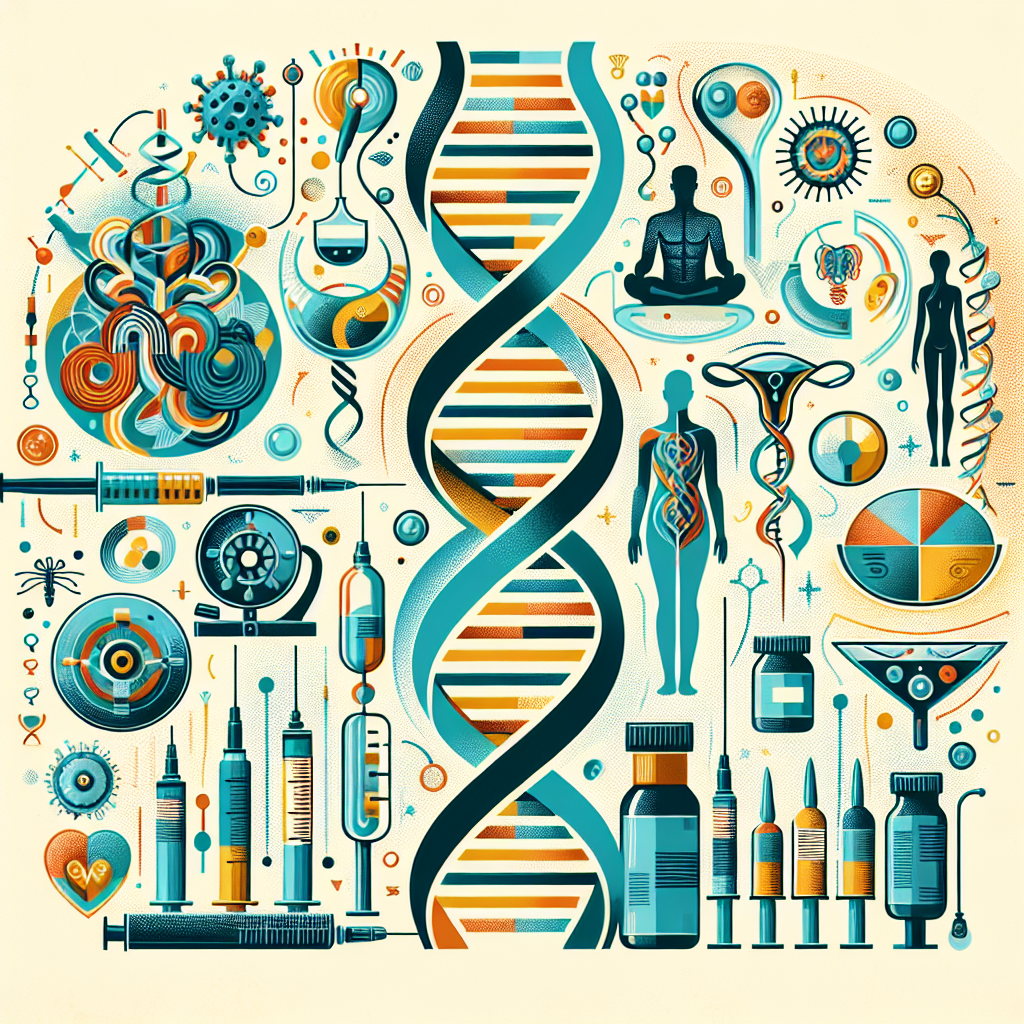Genomics: Advancements in Personalized Medicine
Genomics has revolutionized the field of medicine by allowing healthcare professionals to tailor treatment plans to individual patients based on their genetic makeup. This personalized approach, known as personalized medicine, is transforming the way we prevent, diagnose, and treat diseases.
Understanding the Genetic Code
Genomics is the study of an individual’s entire genetic code, also known as their genome. By analyzing a person’s genome, researchers can identify specific genetic variations that may increase the risk of certain diseases or influence how a person responds to medications. This information is invaluable in developing personalized treatment plans that are tailored to each patient’s unique genetic profile.
Advancements in Genomic Testing
Recent advancements in genomic testing have made it easier and more affordable for healthcare professionals to analyze a person’s genome. Today, it is possible to sequence an individual’s entire genome in a matter of days, providing healthcare providers with a wealth of information that can be used to inform treatment decisions. This has paved the way for the development of targeted therapies that are tailored to a patient’s specific genetic mutations.
Benefits of Personalized Medicine
One of the key benefits of personalized medicine is the ability to predict how a patient will respond to a particular treatment. By analyzing a person’s genetic makeup, healthcare providers can identify the most effective medications and dosages for each individual, reducing the risk of adverse reactions and improving treatment outcomes. Personalized medicine also allows for more precise diagnoses, leading to earlier detection of diseases and more effective interventions.
Challenges and Future Directions
Despite the many benefits of personalized medicine, there are still challenges that must be addressed. One of the main challenges is the interpretation of genetic data, as the human genome is incredibly complex and can vary significantly between individuals. Additionally, there are ethical considerations surrounding the use of genetic information, such as privacy concerns and the potential for discrimination based on genetic predispositions.
Looking ahead, researchers are focused on developing new technologies and analytical tools to better understand the genetic basis of disease and improve the accuracy of personalized treatment plans. By continuing to advance our understanding of genomics, we can unlock the full potential of personalized medicine and revolutionize the way we approach healthcare.






